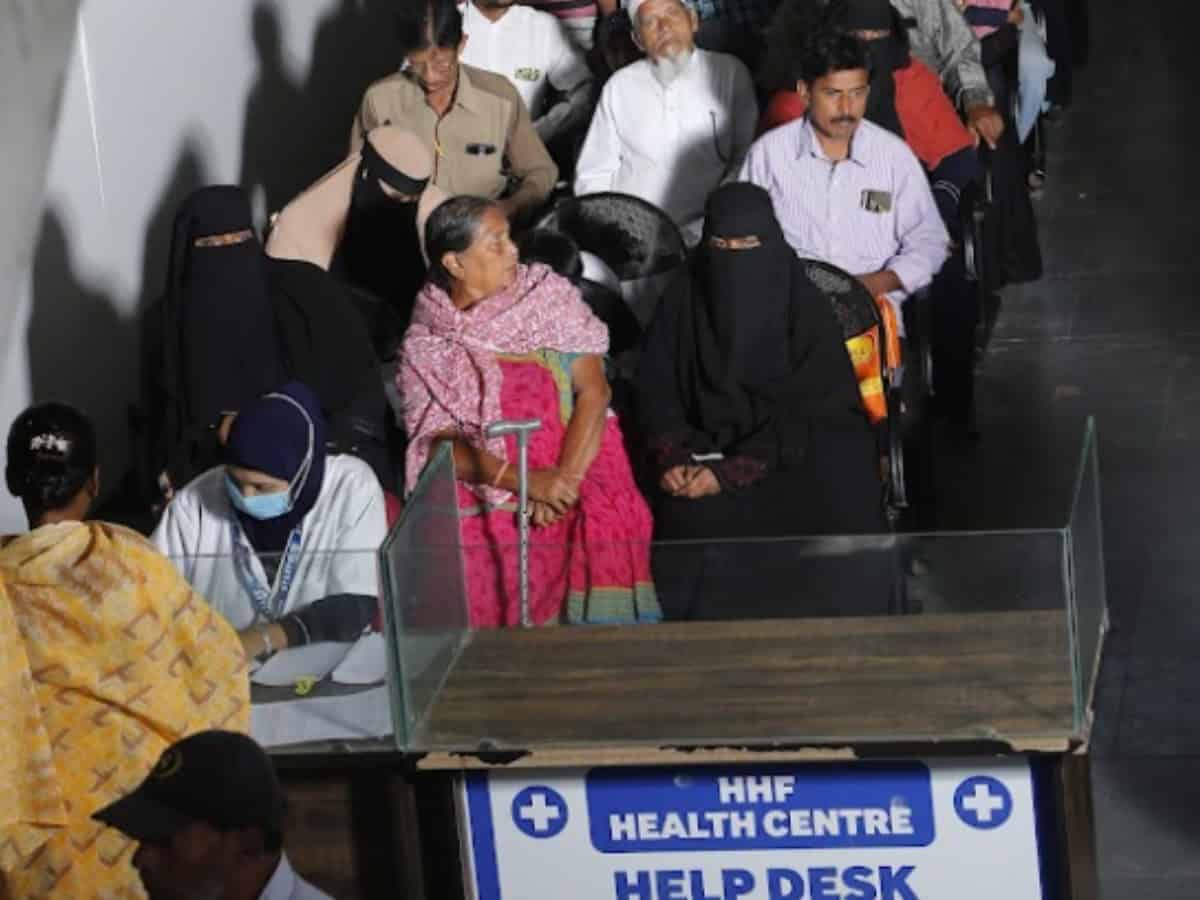
Hyderabad: Seasonal illnesses in Hyderabad’s west, south, and peri-urban slums have surged by 30 percent in August 2024 compared to July, as reported by the Helping Hand Foundation (HHF).
The NGO, which operates 12 free primary healthcare clinics across over 100 slums, recorded 60,683 outpatient visits last month.
The rise in patient numbers reflects a surge in tropical diseases, driven by continuous monsoon rains, waterlogging, overflowing drains, and poor sanitation.
According to HHF, infectious diseases dominated the patient load, making up 38.5 percent of the cases.
Viral fevers, presenting with body aches, accounted for 32 percent of these infections, while upper respiratory tract infections (URTIs) comprised 28.7 percent.
Other prevalent illnesses included acute gastroenteritis (17 per cent), enteric fever (7 per cent), and dengue (0.8 per cent). The latter is expected to rise with continued rainfall.
HHF medical officer Dr Usaid Ahmed noted peculiar symptoms in 30 per cent of URTI cases, with high fevers, mouth ulcerations, and prolonged body pains, prompting World Health Organisation (WHO) officials to recommend COVID-19 testing.
Children aged 1-10 years accounted for 28 per cent of the cases, and adolescents aged 11-17 made up 14 per cent. The remaining 48 per cent were adults. While the majority of patients received outpatient treatment, around 12 per cent (2,915 patients) required daycare or inpatient services.
HHF clinics, run in collaboration with international partners like SEED-USA, CAI-Canada, and Wipro Care, have provided substantial outreach to vulnerable communities in slums such as Hakeempet, Kishan Bagh, Kalapather, and Shaheen Nagar.
These free services have saved the communities a significant amount, as noted by HHF’s Mujtaba Hasan Askari, with the clinics spending Rs 40.85 lakh to treat over 60,000 patients in August alone.
With the continued rains and worsening sanitation, healthcare officials expect the numbers to rise further in the coming months, putting additional strain on the already overburdened clinics.

